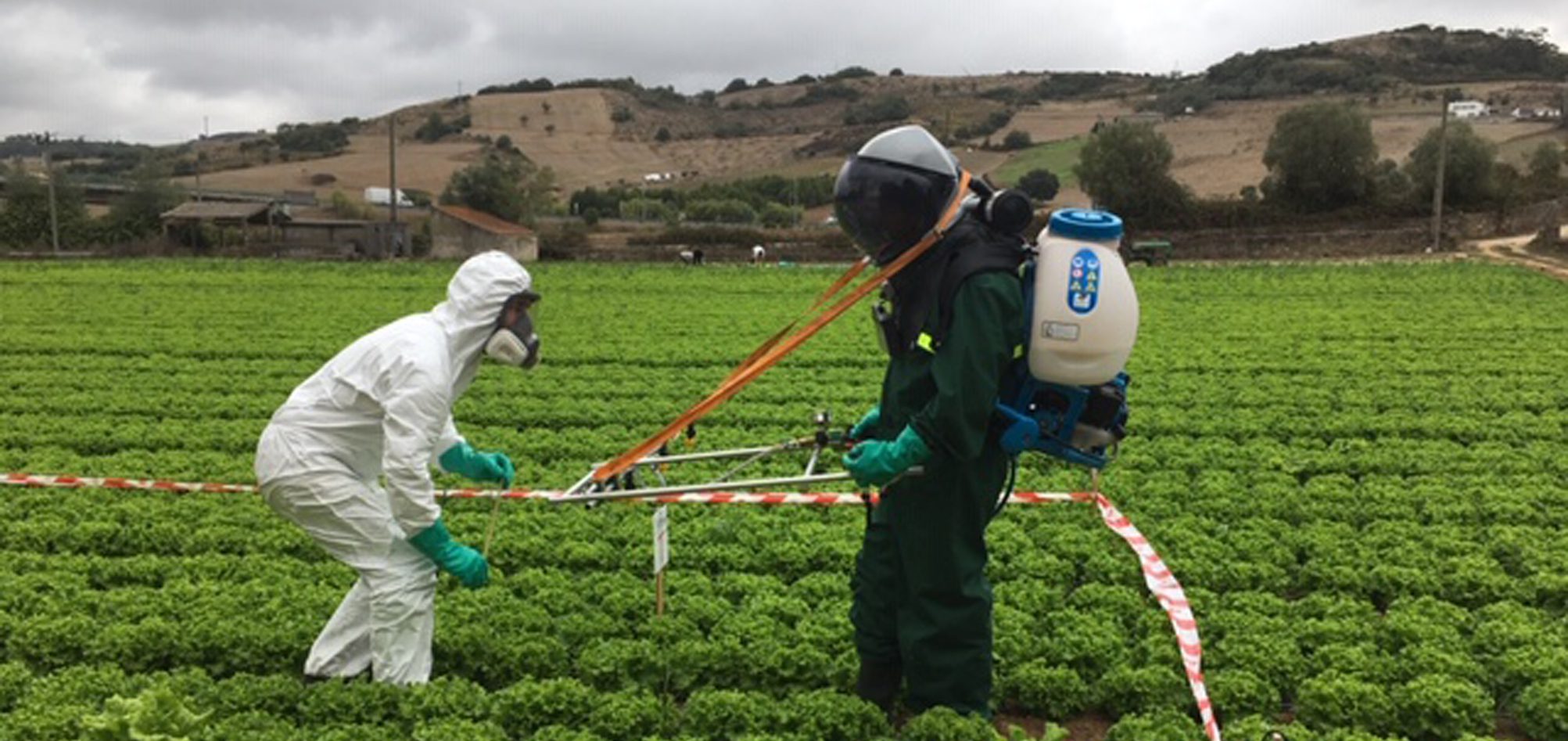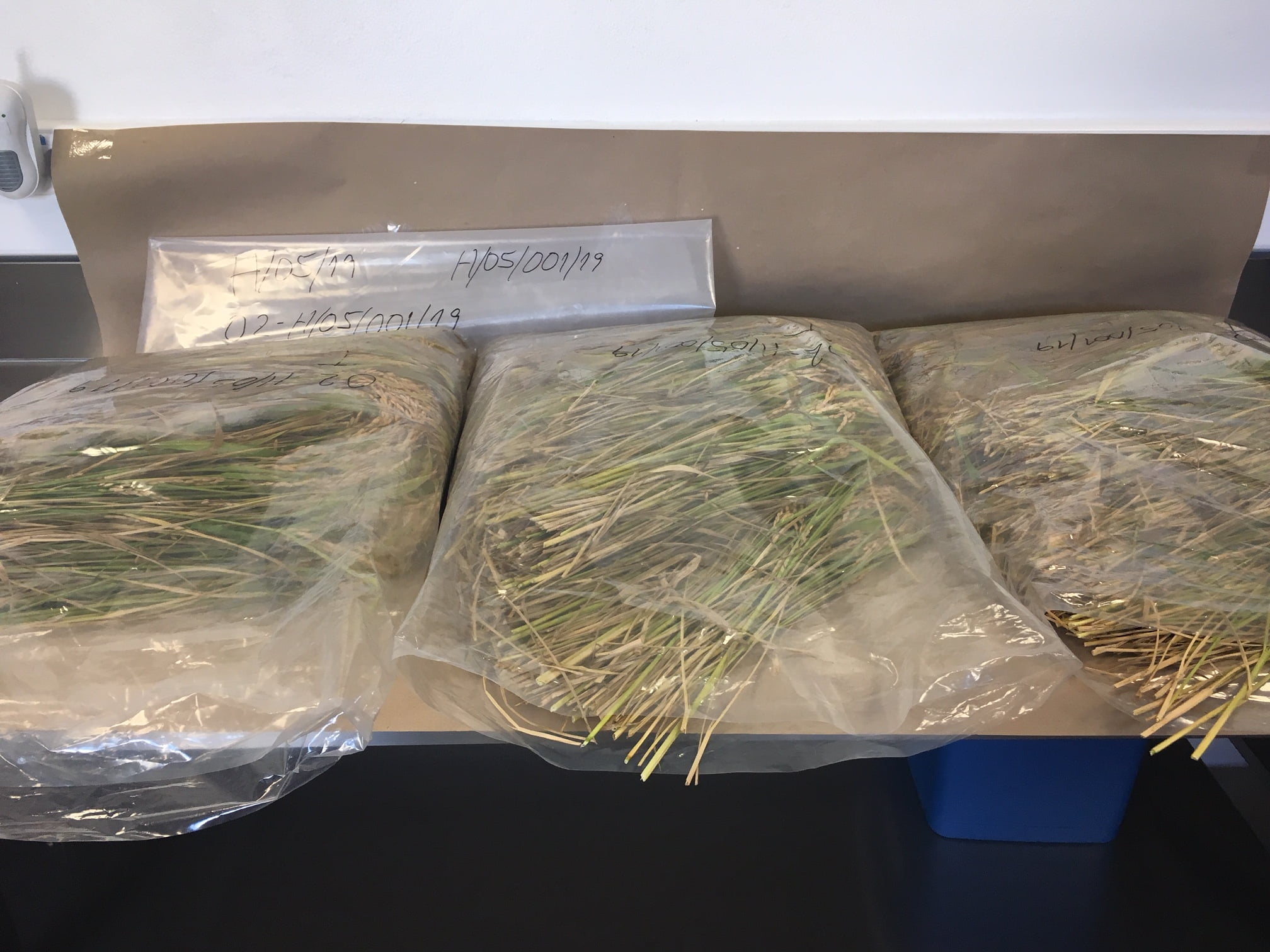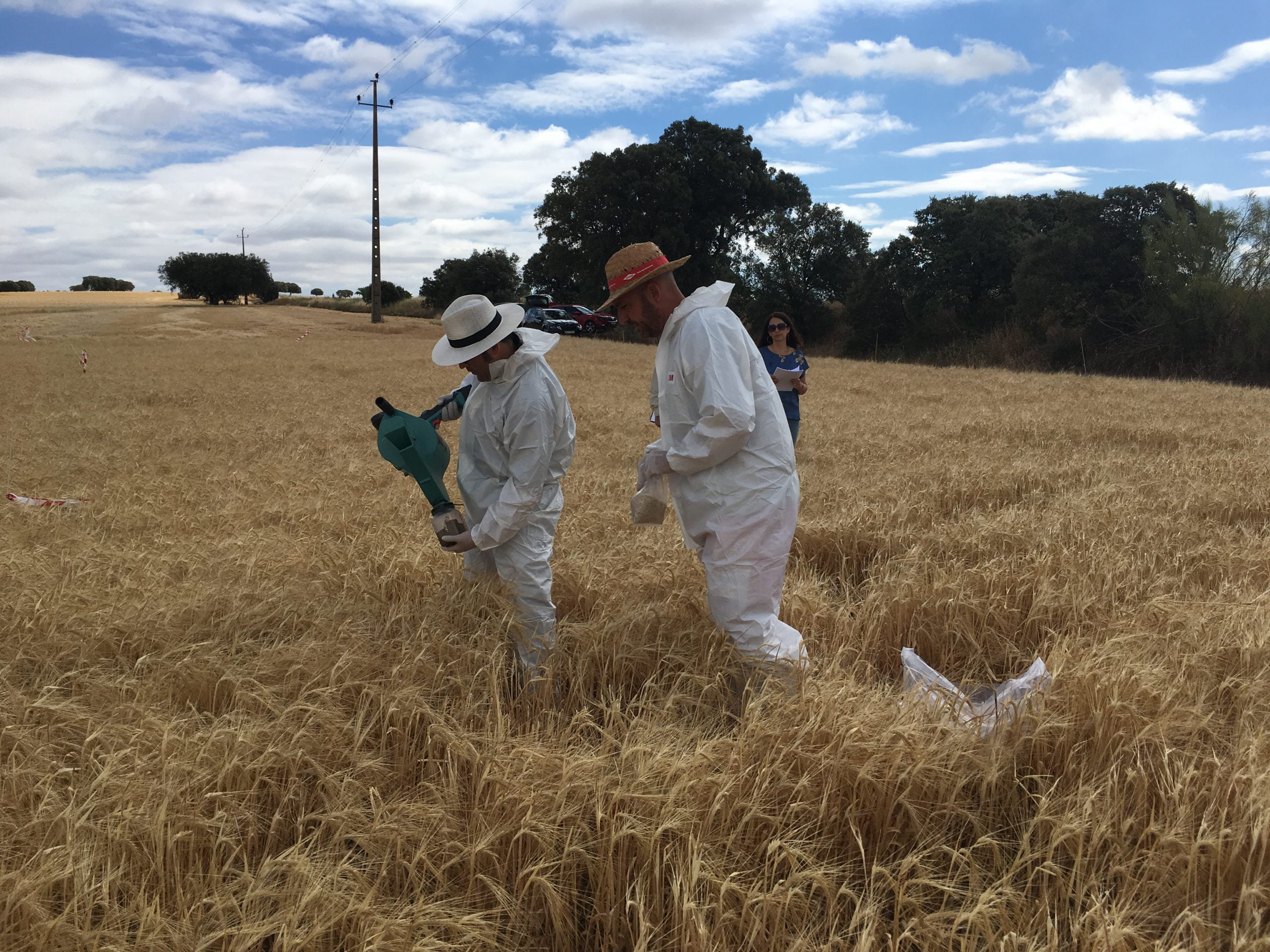
PRINCIPLES OF GOOD LABORATORY PRACTICE
The Principles of Good Laboratory Practice (GLP) are a managerial quality control system covering the organisational process and the conditions under which non-clinical health and environmental studies are planned, performed, monitored, recorded, reported and retained (or archived). The OECD GLP Principles are followed by test facilities carrying out studies to be submitted to receiving authorities for the purposes of assessing the health and environmental safety of chemicals and chemical products which may also be of natural or biological origin and, in some circumstances, may be living organisms.
The Principles of GLP define the responsibilities of test facility management, study director, study personnel and quality assurance personnel that are operating within a GLP system, and minimum standards concerning the suitability of facilities and equipment to perform studies, the need for standard operating procedures, documentation of raw data, study reports, the archiving of records, etc.
These Principles were reviewed and adopted by the OECD Council on 26 November 1997, formally amending Annex 2 to the OECD Council Decision of 12 May 1981 on the mutual acceptance of data for the assessment of chemicals, ratified by European Council Decision No. 89/569 / EEC, of 28 July, on the mutual acceptance of data and results for the evaluation of chemicals. These were then transposed into Community law by Directives 2004/9/EC and 2004/10/EC.
The OECD GLP Principles concern “non-clinical” testing of a chemical or chemical product, examined under laboratory conditions or in the environment, including work conducted in greenhouses and in the field. They do not include studies which use human subjects.


